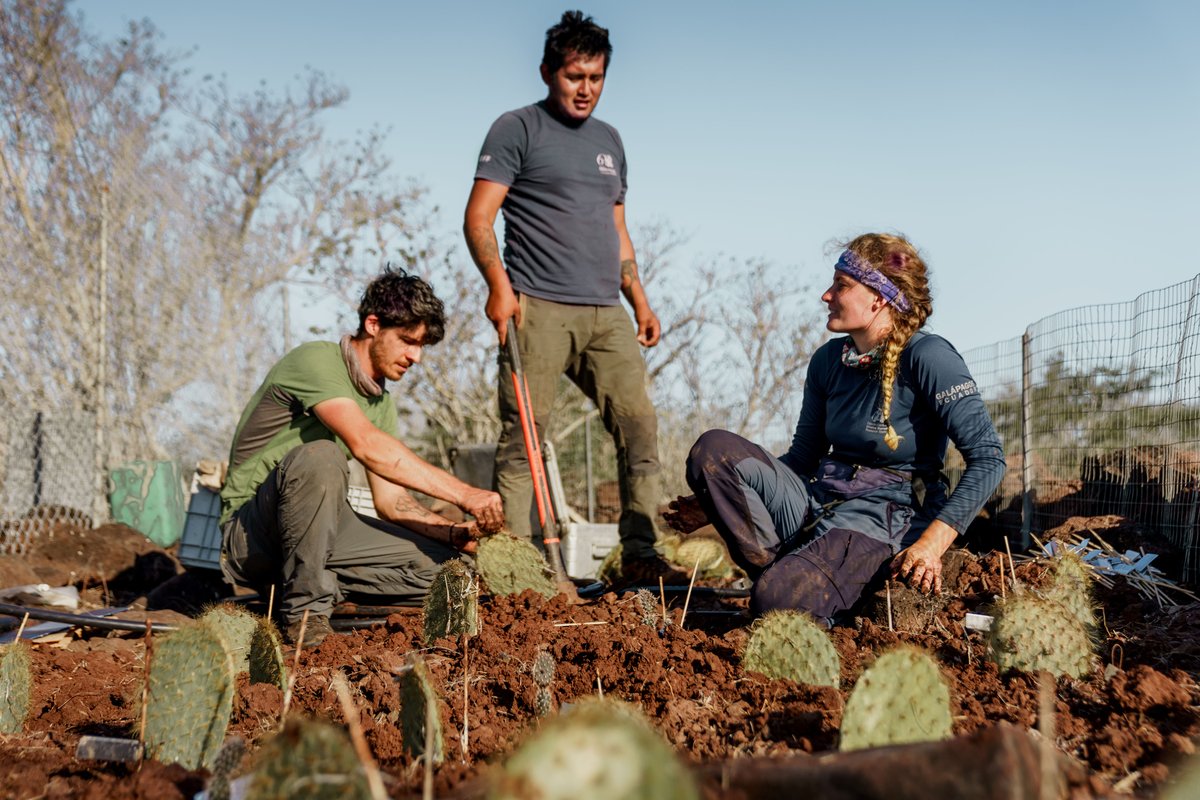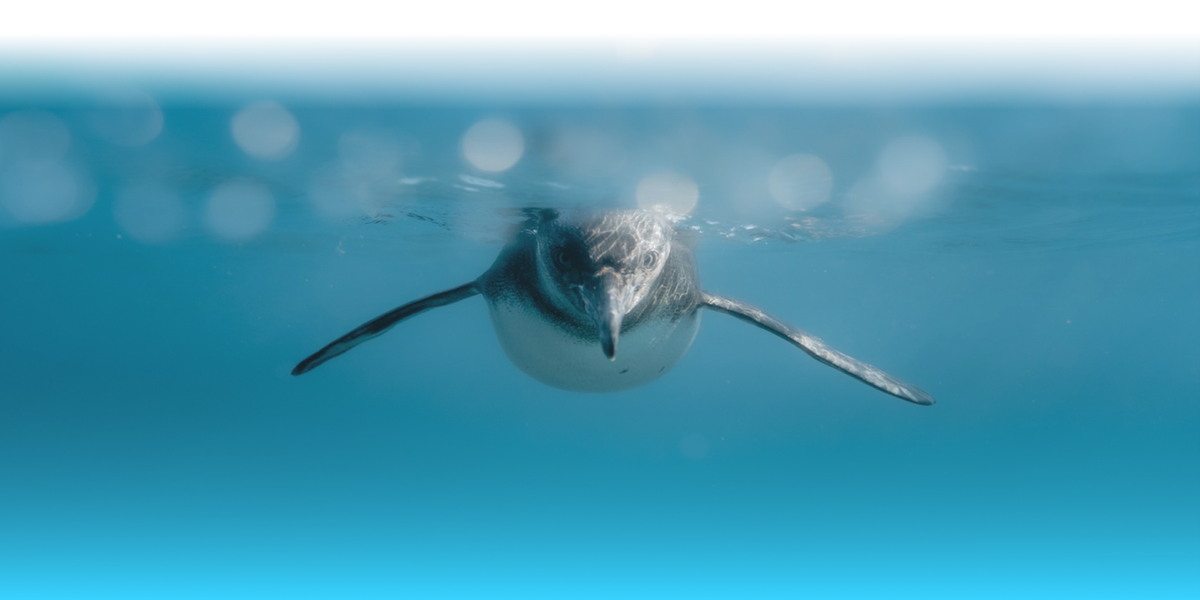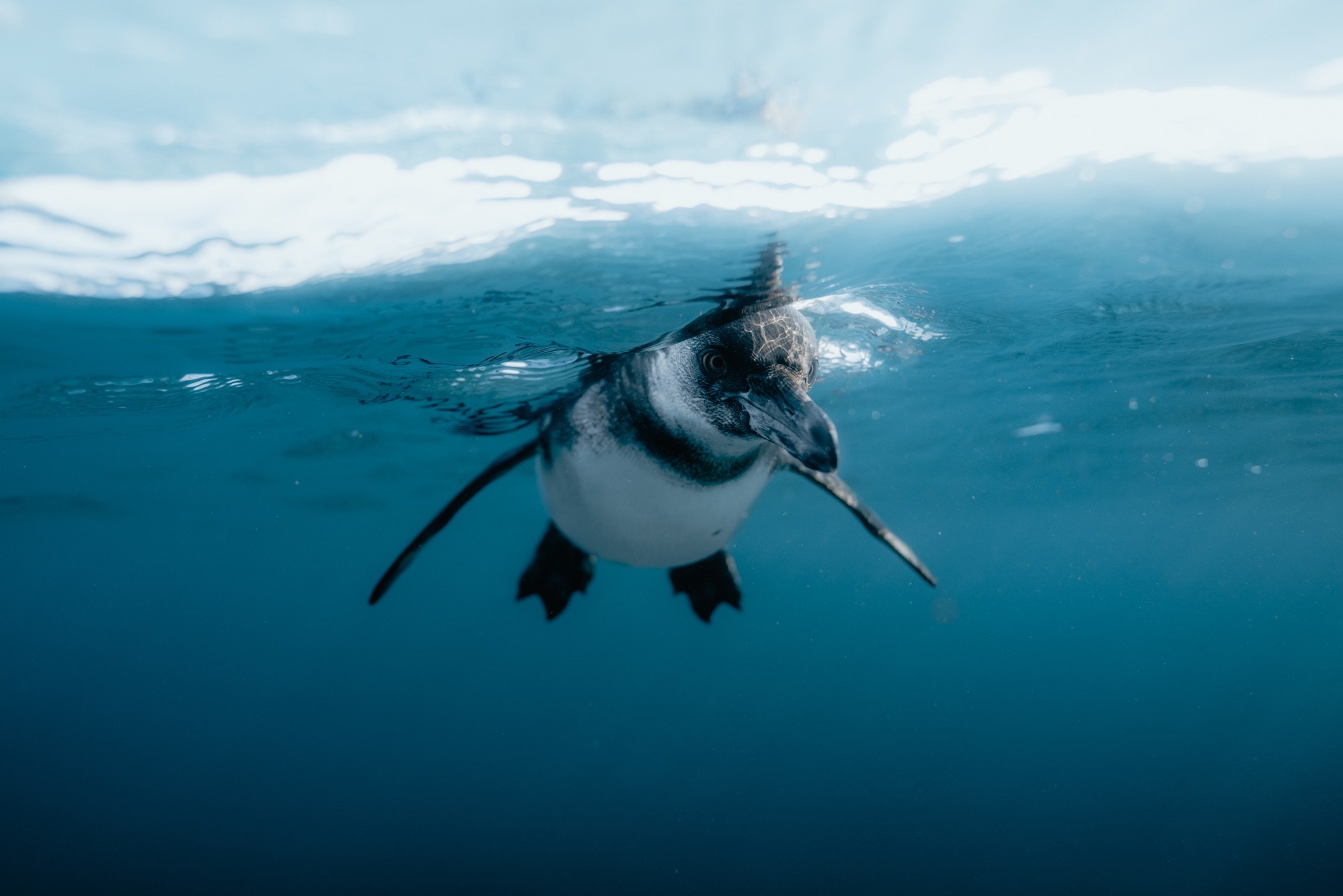18 NGOs and civil society organisations have today published a statement calling for the governments of Ecuador, Costa Rica, Colombia and Panama to ratify the UN High Seas Treaty in order to accelerate the protection of the oceans.
The UN High Seas Treaty is a powerful tool that can help protect at least 30% of the oceans by 2030 as scientists say is imperative, but it will only enter into force once it is ratified by at least 60 countries. These four governments have already taken valuable steps to protect the oceans in waters under their jurisdiction, and now have a historic opportunity to demonstrate global leadership by ratifying the Treaty promptly.
The Treaty will, once ratified and enforced, enable Ecuador, Costa Rica, Colombia and Panama to propose the protection of the high seas in areas of common interest. This would reinforce regional management efforts such as the Eastern Tropical Pacific Marine Corridor (CMAR), an underwater superhighway for many migratory species located in the east of the world-famous Galápagos Marine Reserve, and complement global efforts to use the Treaty to protect other vital high seas ecosystems. Other high seas sites that are attracting attention as potential future sites that the Treaty can be used to protect are the Sargasso Sea, Emperor Seamounts and the South Tasman Sea / Lord Howe Rise.
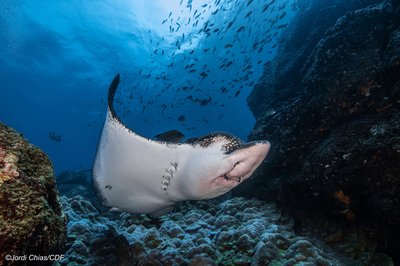
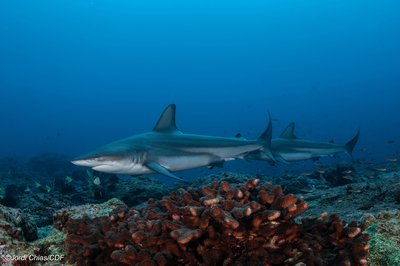
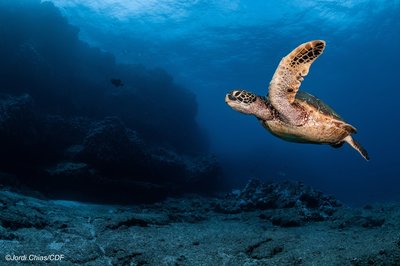
The Jocotoco Conservation Foundation, the Charles Darwin Foundation, the USFQ Galapagos Science Center, MigraMar and Greenpeace all worked together on a six-week expedition around the Galápagos Islands to showcase the amazing benefits of strong marine protection for one of the world’s most celebrated natural treasures and its iconic local species.
The governments of Ecuador, Costa Rica, Colombia and Panama can set an example to the rest of the world by ratifying the treaty and by signalling their commitment to use it to protect the high seas.
NGOs and civil society organisation signatories
Centro Rescate Especies Marinas Amenazadas (CREMA), Charles Darwin Foundation, Conservación Internacional - Ecuador, EcOceanica, Frente Insular de la Reserva Marina de Galápagos, Fundación ECOS, Fundación Naveducando, Fundación Scalesia, Galapagos Science Center, Greenpeace, High Seas Alliance, Jocotoco Conservation Foundation, Law of the Wild, Marine Watch International, Más Galápagos, MigraMar,Santa Cruz Surf Club, Wildaid.
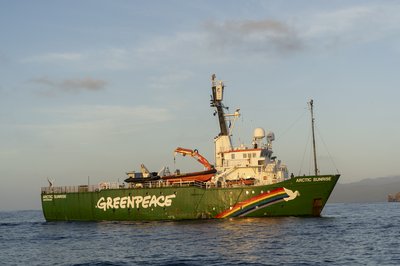
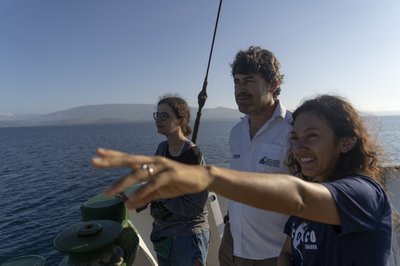
Contacts:
Jocotoco Conservation Foundation
Isabel Grijalva: isabel.grijalva@jocotoco.org.ec
Charles Darwin Foundation
Ambre Tanty-Lamothe, Leslie León: comunicacion@fcdarwin.org.ec
Greenpeace
Magali Rubino: magali.rubino@greenpeace.org
High Seas Alliance
Patricia Roy: patricia@communicationsinc.co.uk
Marine Watch International
Randall Arauz: rarauz@marinewatch.org
FULL STATEMENT
SCIENTISTS AND CIVIL SOCIETY ORGANISATIONS CALL FOR ECUADOR, COSTA RICA, COLOMBIA AND PANAMA TO RATIFY THE UN HIGH SEAS TREATY TO DELIVER 30X30 IN THE HIGH SEAS
The Galapagos Marine Reserve is one of the best examples of marine protection on Earth. The potential to extend critical biodiversity conservation was greatly strengthened in 2021 with the proposal to create a transboundary marine biosphere reserve that would connect and safeguard critical biological hotspots along a vast migratory route used by endangered sea turtles, sharks, and other marine species between Ecuador, Panama, Colombia, and Costa Rica.
According to the UN Convention on the Law of the Sea (UNCLOS), coastal nations have jurisdiction over 12 nautical miles of territorial seas extending from their coastline. These nations also have jurisdiction over the Exclusive Economic Zone (EEZ) which extends beyond their territorial seas up to 200 nautical miles. However, beyond this limit, extractive activities lack effective regulation.
To address some of the regulatory gaps that exist under the current international ocean governance framework and ensure the conservation and sustainable use of marine biodiversity in areas beyond national jurisdiction, UN governments agreed to a historic High Seas Treaty in March 2023. Once ratified and enforced, this treaty will empower governments to jointly create marine protected areas (MPA) beyond their national jurisdictions for the first time.
The Treaty will, in the future, equip Ecuador, Colombia, Panama and Costa Rica to propose the protection of the high seas in areas of common interest, thereby reinforcing regional management efforts such as the Eastern Tropical Pacific Marine Corridor (CMAR), covering over 2 million square kilometres, while supporting the establishment of a regional vision, mission and strategic plan. Furthermore, protecting key high seas areas in the CMAR region could help mitigate threats posed by unregulated fishing, which undermines sustainable management and conservation measures implemented by CMAR nations. The treaty also represents a pathway to protecting key areas of the ocean that many threatened migratory species from MPAs in the region traverse to reach key coastal habitats for breeding, nesting and feeding.
This is why we, the undersigned, today are uniting our voices to call for the governments of Ecuador, Colombia, Costa Rica and Panama to ratify the UN High Seas Treaty as a matter of urgency, and express their commitment to leveraging it in order to protect the high seas in areas of common interest.
These governments have already taken admirable steps to protect the oceans in national waters, and now have a historic opportunity to demonstrate global leadership by ratifying the UN High Seas Treaty promptly. By doing so, they can kickstart efforts to protect 30% of the entire world’s ocean by 2030, as agreed at CBD COP15, inspiring other nations to follow suit. If these four countries champion protection in the high seas in the CMAR region it would set an example to the rest of the world, demonstrating that multilateral cooperation can protect the oceans for present and future generations.
